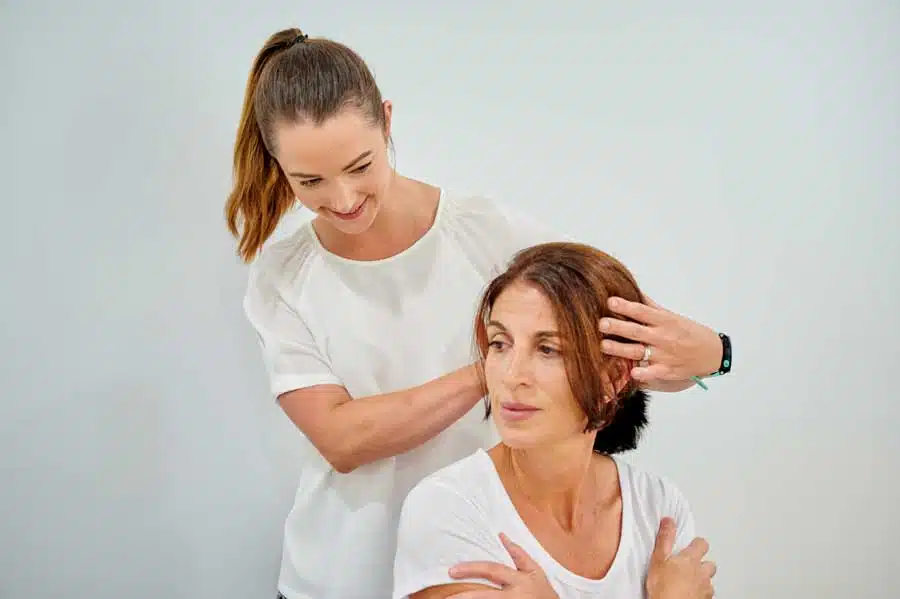Rotator Cuff Injuries
What Is A Rotator Cuff Injury?
The rotator cuff (RC) is the group of muscles and tendons that keep your shoulder in its socket. Tendons are especially strong connecting tissues that help join your muscles and bones. Damage to your rotator cuff can cause limited mobility and strength in the affected arm.
The two main forms of rotator cuff injury are:
- A rotator cuff tear – this is when at least one of the muscles or tendons that makes up the rotator cuff tears. The tear might be acute (after a sudden injury or fall), or chronic (aggravation of the muscle or tendon over time). Tears might be partial or full. Over 700,000 people in Australia have a rotator cuff injury.
Tendinopathy – this is a group of conditions affecting the tendons in the rotator cuff. Your tendon may become impinged, or tear, causing a limited range of movement, pain, or weakness in the shoulder.
What Are The Symptoms Of A Rotator Cuff Injury?
A rotator cuff injury causes a limited range of movement, pain, and weakness to the shoulder. Common symptoms include:
- Pain when sleeping on the affected area, lifting objects or stretching
- A dull ache in the shoulder joint or at the top of the shoulder
- Gradual build up of pain over extended periods of time
- A cracking or grating sound when moving your arm
- Pain when combing your hair, lifting your arm up, or reaching behind you.
How Are You Diagnosed With A Rotator Cuff Injury?
Your therapist at the Sydney Pelvic Clinic will ask you to perform a select range of movements using your shoulder to assess whether your injury is related to the rotator cuff.
What Are The Causes Of A Rotator Cuff Injury?
You may be more at risk of a rotator cuff injury if you work in an industry that involves a lot of repetitive movements, like heavy lifting. The same applies to sports with a high amount of repetitive actions like archery, weightlifting, or tennis.
If you have diabetes, you may be at a higher risk of a rotator cuff injury, as your tendons may be impaired by weaker circulation in the body. Muscular differences in the shoulder can also lead to shoulder pain and dysfunction. As you get older, you may be more likely to experience a rotator cuff injury. The same is true if you are overweight, or a member of your family has had an RC injury in the past.
How Is A Rotator Cuff Injury Treated?
The treatment plan for a rotator cuff injury depends on the severity of the condition. Mild rotator cuff injuries can be treated with ice, rest, and physical therapy from your Sydney Pelvic Clinic therapist
For more severe RC injuries, treatment may include:
- In-clinic and at-home exercises designed to restore function to the affected joint
- A steroid injection may be recommended to reduce pain and improve sleep
- Surgery may be recommended for severe cases of RC injury. This can range from tendon repair to a replacement of the affected joint, for severe cases of RC injury.
If you are worried about an RC injury, contact us at Sydney Pelvic Clinic today for advice, support, and a treatment plan to improve range of movement in your shoulder.
